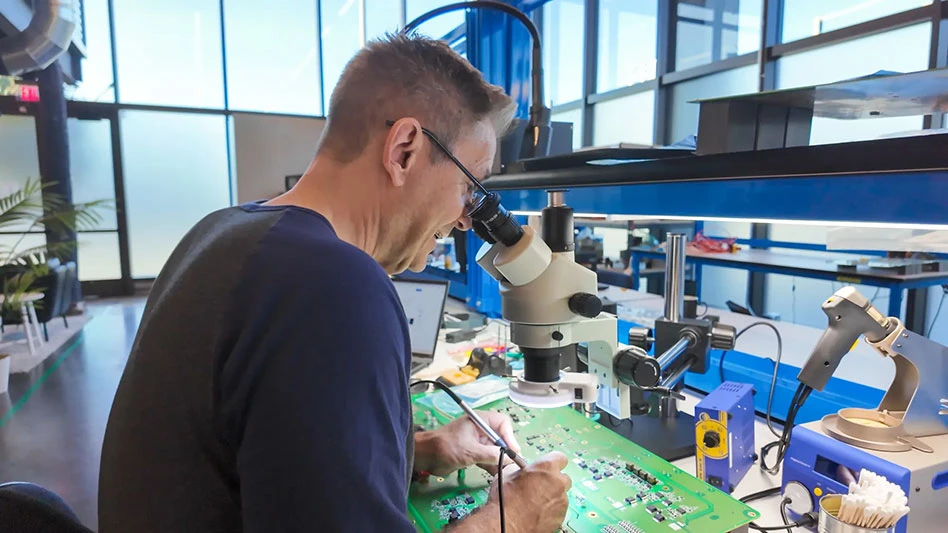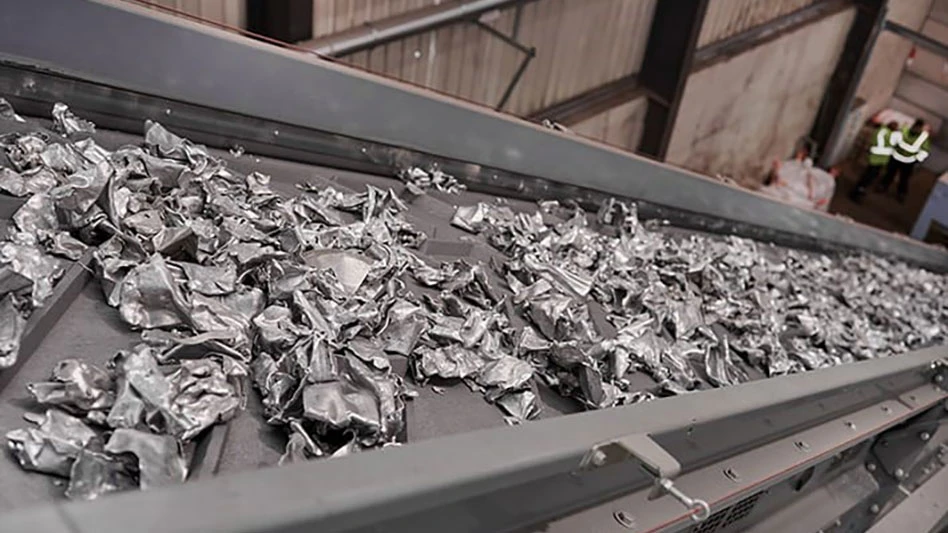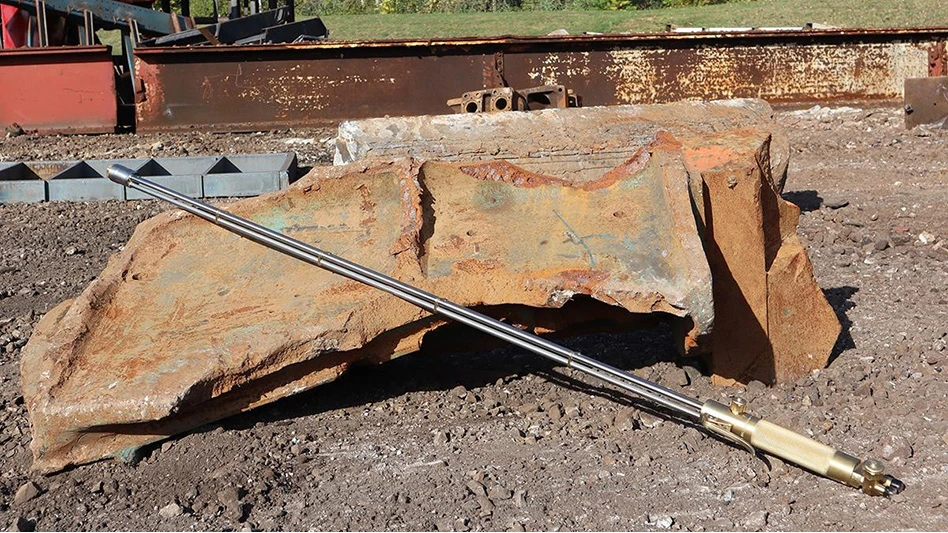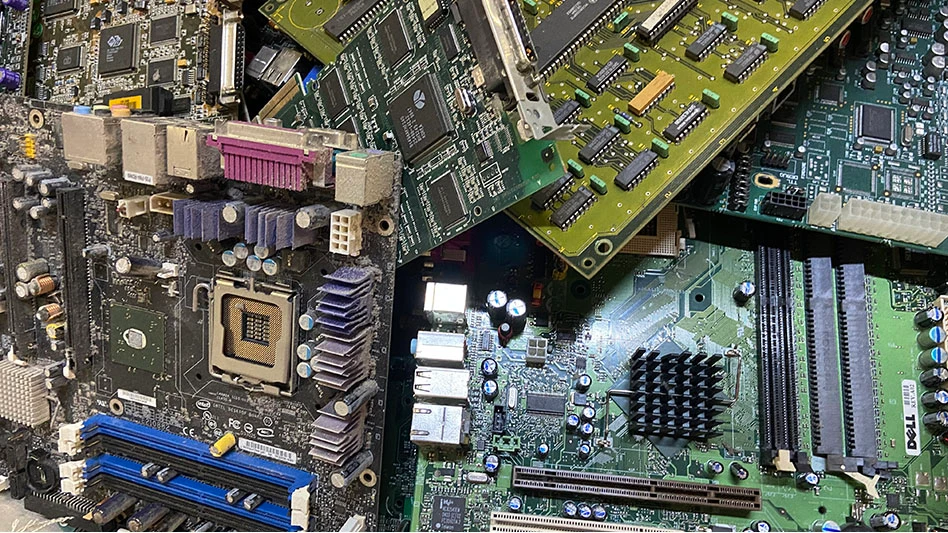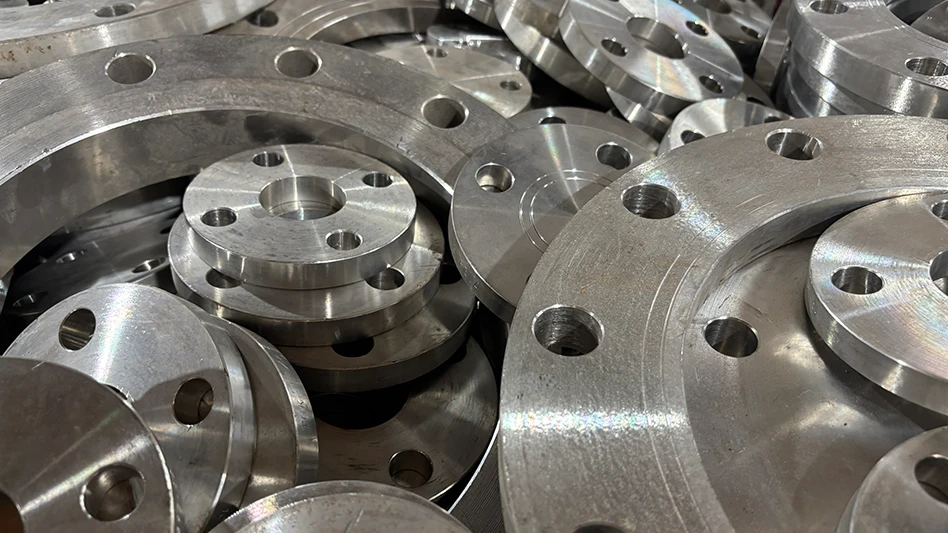
Photo courtesy of Stena Recycling.
The Swedish Energy Agency will be providing Sweden-based Stena Recycling $7.76 million in support of its investment in a new battery recycling plant in Halmstad, Sweden. Stena Recycling says its target “is to become one of Europe’s leading players in the recycling of lithium-ion batteries.”
The company says it is now “intensifying” its work on the construction of the new recycling plant in Halmstad. The facility is expected to initially handle around 10,000 metric tons of batteries per year. That will include lithium-ion batteries from electric vehicles (EVs) as well as industrial and consumer products. In addition, battery centers are being established around Europe to ensure infrastructure for collecting the batteries.
“We are very pleased that the Swedish Energy Agency has granted our application and see it as important and natural to contribute to closing the loop of valuable materials contained in batteries,” says Fredrik Pettersson, CEO of Stena Recycling Sweden. “We are introducing an advanced technology, and it is exciting that we are now breaking new ground and setting the standard in battery recycling. Our goal is to have the plant operational in the first quarter of 2023.”
Robert Andrén, director general of the Swedish Energy Agency, says, “Electrification is a crucial piece of the puzzle in the work for a fossil-free society where batteries will be a central part of the future energy system. This important project means that we can create a battery value chain that is sustainable and circular from environmentally and climate-smart production to recycling, so we are not just shifting emissions from one activity to another.”
Stena Recycling says its investment in battery recycling is intended to meet the substantial increase of batteries predicted in society and to stay ahead of an EU directive that is scheduled to come into force starting in 2025. The directive will impose stricter requirements on battery recycling and the recovery of a roster of materials including cobalt, lithium and nickel. That, in turn, says Stena, will reduce the need for the extraction of virgin minerals and metals.
“The recycling of lithium-ion batteries is a fast-growing challenge for society and must be improved through increased capacity and other more climate-smart technologies,” says Pettersson. “With our size, infrastructure, customer base and expertise, we can create circular solutions that reduce the overall climate footprint by ensuring that more batteries are collected and recycled in an appropriate way.”
Stena says there are currently “only a few” recycling facilities for lithium-ion batteries from hybrid and EVs in Europe, and these use melting furnaces in the final stages of the recycling process, which produce CO2 emissions.
The company says it has selected an alternative technology that is expected to provide a higher recycling rate and a lower climate impact than existing melting furnace technology.
This process is based on grinding batteries in an inert environment, followed by “an advanced process to separate the different fractions in order to recover valuable metals.” From the black mass fraction, nickel, cobalt and lithium will be among the materials extracted in the next step.
Latest from Recycling Today
- Lindner to feature new shredders at IFAT
- Sims blames Unimetals woes, derivatives contracts for half-year loss
- Tire recycling facility ramps up in the Netherlands
- Metallus loses money in Q4
- Nucor names new CFO
- Vermeer announces plan to build new facility in Des Moines metro area
- PureCycle, Toppan partner on packaging containing PCR
- LKQ to focus on simplification, productivity in uncertain demand environment

